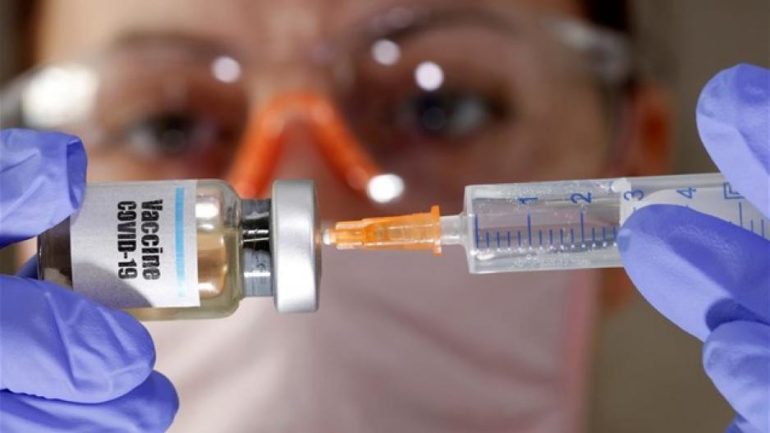There has been a growing debate recently about the need for a booster dose Covid-19. While for the general population it seems that it is still relatively early to have a clear picture, in groups of patients who are more vulnerable the data are clearer. The professors of the Medical School of the National and Kapodistrian University of Athens, Gikas Majorkinis and Thanos Dimopoulos (rector of EKPA) summarize these data.
Boosting dose of vaccines in immunocompromised
In this group of patients it seems that there will be a priority for booster dose and there are the first indications that the measurement of antibodies against the spike protein will be used for the decision to take the booster dose. Although there is still insufficient evidence to correlate antibody levels with the expected protection against SARS-CoV-2 infection, measuring the antibody against the spike 28-42 days after the last dose can be used as a decision guide for booster dose.
Vaccine boost in the general population
Here the data are less clear and it will still take time to have sufficient data on the need for a booster dose.
Data from the United Kingdom show that vaccine efficacy remains high even for the Delta strain. However, it should be noted that the strategy chosen in the UK was that of delaying the second dose, which has the following two advantages, as reported by the professors: 1) Primary immunity increases rapidly in the population, achieving faster the first step of the immune wall and 2) the delay of the second dose results in more mature and broader immune responses, as shown by years of studies in vaccine regimens and confirmed in the case of vaccines Covid-19. The UK strategy provided faster population coverage at start-up as well as higher quality long-term vaccination coverage due to the second dose delay. Recent studies in Israel have shown lower efficacy against the Delta mutation than in the United Kingdom, probably due to the delay in the second dose, although we have not yet seen the analysis of Israeli data published in a journal with judges, according to the professors of EKPA.
"There is no doubt that the booster dose several months later will induce immune reactions of greater range and potency. This is what all vaccine studies say in all vaccine regimens and it is also verified by studies in these vaccines. Whether this will be needed in the near future in the countries and vaccinated people who followed the classic scheme is expected to be clarified in the coming months. A special question mark is the vaccinated patients, as it already seems that the quality of the immune response of the combination of natural disease and vaccine has a better profile than the classic vaccination regimens. "Finally, we still do not have enough data on booster doses that will cover mutated strains, but some believe that they will be necessary in the future given the ability of the virus to mutate."
Source: ΑΠΕ- ΜΠΕ
